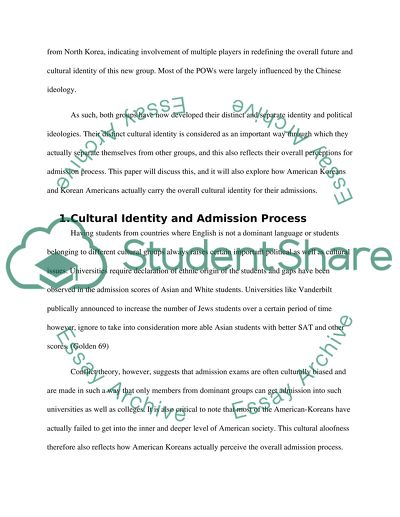Cite this document
(“American Koreans vs Korean Americans Research Paper”, n.d.)
American Koreans vs Korean Americans Research Paper. Retrieved from https://studentshare.org/anthropology/1479106-american-born-korean-vs-korean-born-american
American Koreans vs Korean Americans Research Paper. Retrieved from https://studentshare.org/anthropology/1479106-american-born-korean-vs-korean-born-american
(American Koreans Vs Korean Americans Research Paper)
American Koreans Vs Korean Americans Research Paper. https://studentshare.org/anthropology/1479106-american-born-korean-vs-korean-born-american.
American Koreans Vs Korean Americans Research Paper. https://studentshare.org/anthropology/1479106-american-born-korean-vs-korean-born-american.
“American Koreans Vs Korean Americans Research Paper”, n.d. https://studentshare.org/anthropology/1479106-american-born-korean-vs-korean-born-american.


